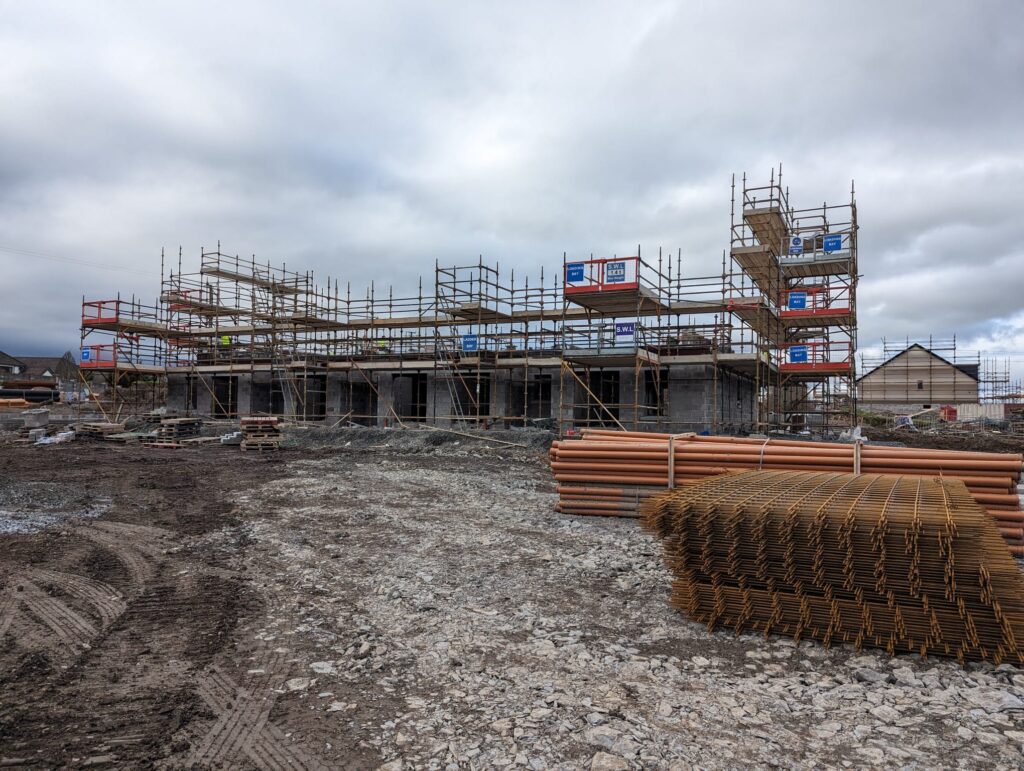Can the new Planning & Development Bill Survive the Politics of Change?

Regular readers will be familiar (perhaps, too familiar?) with our regular critiques of Ireland’s planning regimes and our frequent calls for this regime to keep pace with changes across housing demand and delivery.
This week, writing in the Irish Examiner, the Housing Minister – arguably the person with ultimate responsibility to provide a functioning planning system – has echoed the industry’s call for planning to keep pace with change. In his article, the Minister points to the need for Ireland’s planning legislation to adapt to the realities of a 21st-century Ireland, a sentiment that will resonate deeply with anyone operating across the financing and development sector.
Minister O’Brien’s reflections on the transformation of Ireland over the past 25 years, highlighting the shift from a population of 3.8 million to today’s more dynamic and diverse society, mirror the challenges and opportunities we encounter in funding construction and infrastructure projects. The introduction of the new 700-page Planning and Development Bill, as described by O’Brien, is an important development, promising to streamline and enhance the efficacy of planning laws that have, until now, struggled to keep pace with the rapid changes in our built environment. But does this new legislation go far enough? Arguably not.
This legislative overhaul, which emerged from an extensive 15-month review led by the former Attorney General Paul Gallagher, is not just about keeping pace with change; it’s about foreseeing and facilitating future growth in a sustainable manner. It acknowledges the complexities of modernising planning legislation, which is something that is mirrored in our own approach to evaluating and supporting projects that are not only financially viable but also beneficial to the community and the environment. As non-bank lenders to homebuilders across the country, we understand that the success of real estate and construction projects hinges not just on economic factors but on a credible, predictable and forward-looking planning framework.
Interestingly, the opposition faced by the new planning legislation, marked by what O’Brien describes as “deliberate obstructiveness”, is a stark reminder of the complexities involved in steering such significant legislative changes through the Oireachtas. Yet, this resistance only serves to highlight the importance of the Bill in laying the groundwork for Ireland’s future development, addressing not just housing but also the broader needs of energy independence and infrastructure.
As a stakeholder in Ireland’s built environment, our interest in the Planning and Development Bill is not merely academic. The potential for this legislation to bring greater consistency, clarity, and certainty to the planning system impacts our decision-making processes and the projects we select to finance. It promises to improve our ability as a nation to implement major programmes, including the National Development Plan, enhancing Ireland’s competitiveness on the global stage.
Ian Lawlor
086 3625482
Managing Director
Lotus Investment Group
